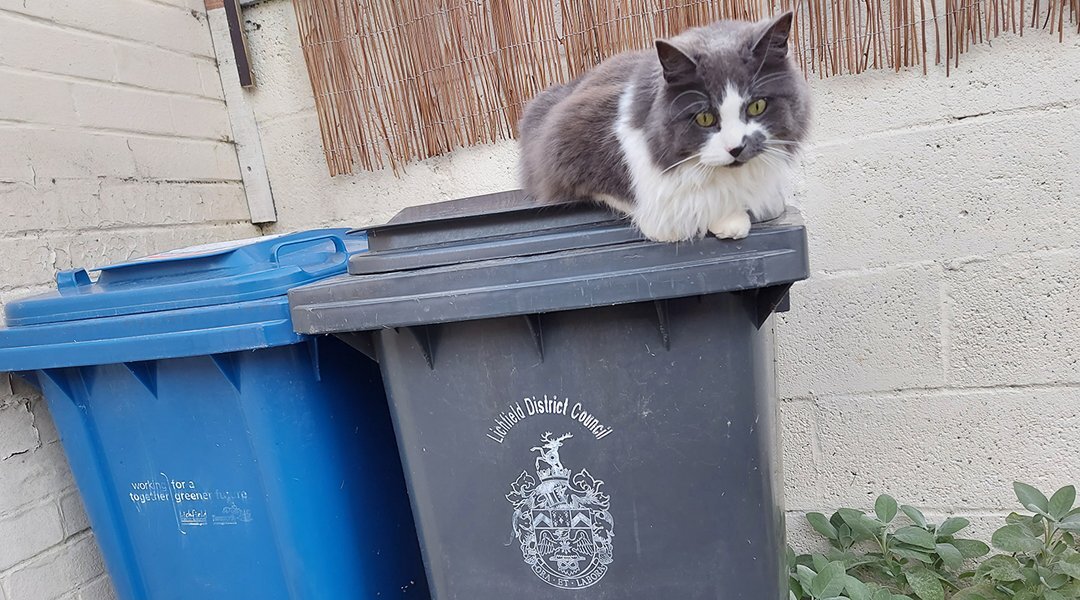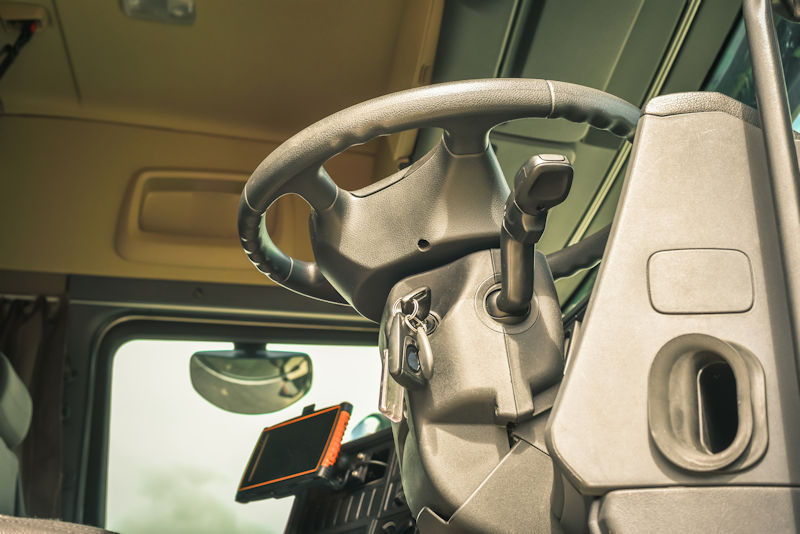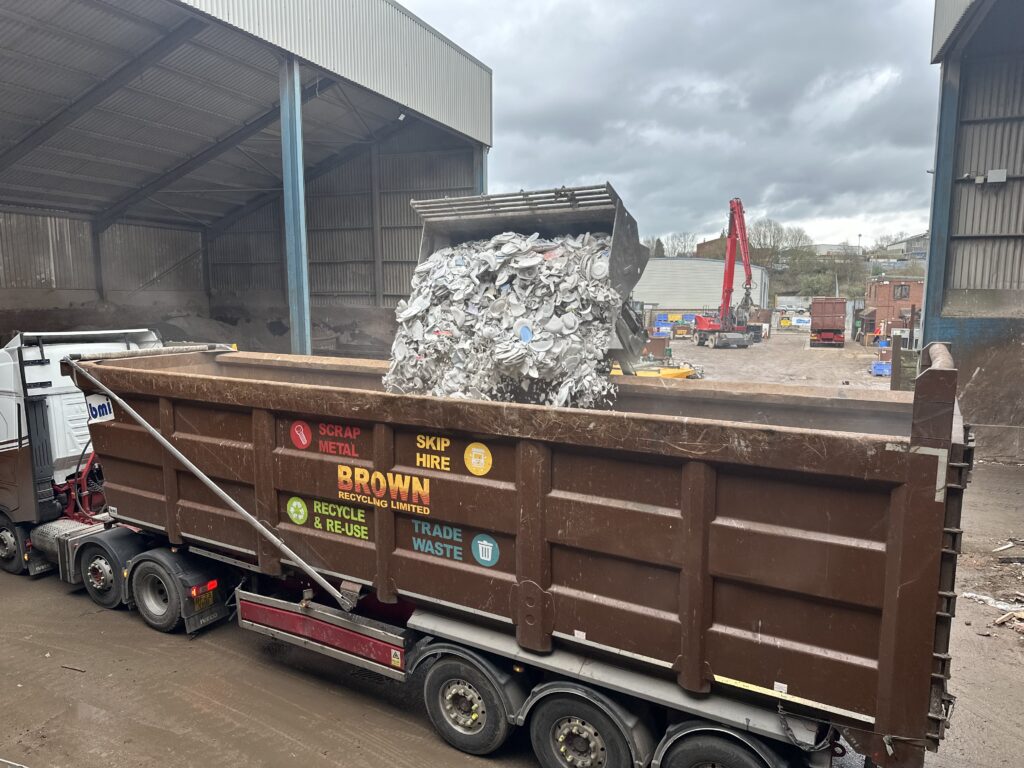Chris Jones issued his call at the Local Authority Recycling Advisory Committee’s (LARAC) annual conference on 8 October. He said 18 people in the waste sector had been killed by vehicles which were either driving or rolling away in the past 20 years.
Mr Jones alluded to a number of recent incidents in the sector, one of which involved a defective interlock system that a company had not tested.
Mr Jones said: “Our new guidance strongly suggests that if you have a safety interlock – a thing that is there for health and safety purposes – it should be tested.”
Mr Jones said that of the 18 people killed by rollaway vehicles in the past 20 years, 16 of them had tried to get back into the vehicle. This is something WISH’s new guidance is to advise against.
“We should train people about what to do with the handbrake, and when to run away and make a lot of noise,” Mr Jones said.
WISH is imminently set to publish updated guidance on the dangers of rollaway vehicles and how to prevent them (see letsrecycle.com story).
Serious accidents
On a more positive note, Mr Jones noted that the sector’s serious accident rate had fallen by 92% since 2003.

However, there was still an average of nine fatalities a year for the past five years, he said. Seventy-four per cent of these involved transport-based workplace accidents, and 30% stemmed from people climbing into machines.
Mr Jones said at least three of the fatalities in the past years were “easily avoided by a lock-out procedure”.
Mr Jones said WISH’s aim was now to “develop a better integrated approach across all its stakeholders” and to “get better at horizon scanning”. He called for the sector’s help in doing so.
“I don’t see what’s competitive about health and safety,” he said. “It doesn’t need to be.”
Mr Jones said the sector as a whole needed to address supervisor competency, and make sure people were not promoted just because of the longevity of their service. Turning to the workforce in general, he said it was currently difficult to tempt people into the waste industry. The sector needed people who wanted to be there and not just because they could not do anything else, he said.
Lichfield
As an example of steps taken to improve best practice during collections, representatives from Lichfield district council presented evidence from a recent six-month trial involving live CCTV.

Live footage of crews at work captured via cameras fixed to three trucks is sent to a ‘control centre’ managed by waste management company Biffa in Manchester. Here, independent observers report on examples of good or bad practice to the council. This means the council could address any incidents immediately.
Since Lichfield began the trial, it has seen no accidents and no injuries.
Traditional methods
Nigel Harris, general manager at Lichfield district council, told the conference that the quality and quantity of monitoring by the local authority “wasn’t fit for purpose”.
Traditional methods such as sending a supervisor round in a van weren’t working
- – Nigel Harris, general manager at Lichfield district council
“Traditional methods such as sending a supervisor round in a van weren’t working,” he said. “We weren’t happy with the standard of reporting coming back from supervisors.”
Mr Harris said the council had encountered issues such as crews thinking hazards were “normal” and people not wanting to report issues because they thought they would get in trouble.
Initially, Mr Harris said, unions were resistant to the use of live CCTV. However, they were reassured that those watching would be independent, and they have since become involved in delivering feedback from the footage.
None of the footage is used for disciplinary purposes, Mr Harris said, and it is regularly used to apportion praise.












Subscribe for free